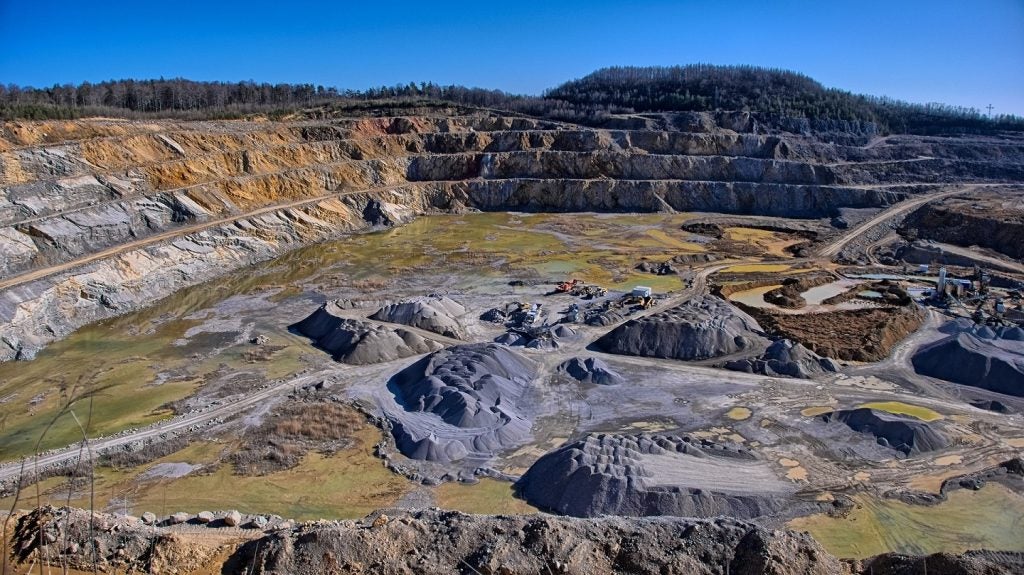France will extend the life of its two remaining coal-fired power plants until the end of 2024 as the country prepares for high demand during the winter months, according to a decree signed by Prime Minister Elisabeth Borne and Energy Transition Minister Agnès Pannier-Runacher.
The decree, published on Thursday, stated that the country is anticipating lower levels of demand compared with last winter, but “as a precaution, we are taking all the measures to ensure [reliable] French electricity production”.
Ahead of last winter, the government reopened the Saint-Avold coal unit to support a move away from Russian energy and to make up for electricity deficits caused by widespread damage to its fleet of nuclear reactors. In November last year, a spokesperson for state-owned nuclear giant EDF said that just 30 of its 56 reactors were operational, citing stress corrosion as a main reason for output decline.
Ongoing concerns over energy security have meant that the two remaining coal plants, located in Cordemais and Saint-Avold, have been granted permission to stay operational long after they were initially due to shut down. In 2017, French President Emmanuel Macron pledged that all of France’s coal-fired plants would be fully closed before 2022.
Pannier-Runacher told French news station LCI on Friday that the two coal units being kept open account for just 0.6% of national electricity consumption. She also confirmed that the French Government still aims to completely phase-out coal power by 2030 at the latest.
This target remains ahead of other EU countries such as Germany, which has previously said in its coalition agreement that a total coal phase-out by 2030 would be a best-case scenario, with 2038 being the worst. Germany’s Government has reactivated several coal-fired plants since it came to power in 2021.
In March, the UK called on reserve coal power to cope with increased demand at the end of a colder-than-expected winter, a move also at odds with government targets to phase out coal entirely by 2024.
NGO Global Energy Monitor found in a study published in April that the retirement of operating coal power plants must increase by four-and-a half-times the current global pace if the world is to meet the goals of the Paris Agreement. It also stated that OECD countries must phase out coal completely by 2030 to maintain a scenario in which the worst effects of the climate crisis are avoided.















